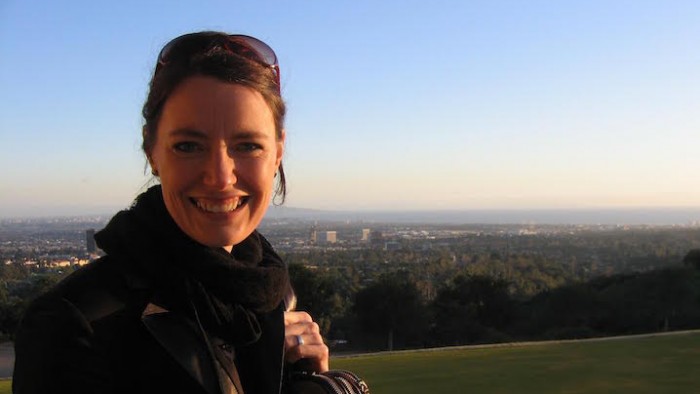Between War and Politics: International Relations and the Thought of Hannah Arendt
Free download. Book file PDF easily for everyone and every device. You can download and read online Between War and Politics: International Relations and the Thought of Hannah Arendt file PDF Book only if you are registered here. And also you can download or read online all Book PDF file that related with Between War and Politics: International Relations and the Thought of Hannah Arendt book. Happy reading Between War and Politics: International Relations and the Thought of Hannah Arendt Bookeveryone. Download file Free Book PDF Between War and Politics: International Relations and the Thought of Hannah Arendt at Complete PDF Library. This Book have some digital formats such us :paperbook, ebook, kindle, epub, fb2 and another formats. Here is The CompletePDF Book Library. It's free to register here to get Book file PDF Between War and Politics: International Relations and the Thought of Hannah Arendt Pocket Guide.
Part IV debates the foundations, content and meaning of Arendt's famous and influential claim that the 'right to have rights' is the one true human right.
Law beyond Command? A Constitutional Niche for Civil Disobedience? Reflections on Arendt William Smith 8.
Communities of War and Peace: Arendt, Political Association, and International Relations
Public International Law 9. International Criminal Law That is, these texts innovate not simply by extending the secondary literature about Arendt but by using Arendt in order to reorientate and extend legal theory, particularly where such theory looks to understand the political consequences of law.
- Planted Forests: Uses?
- An encyclopedia of philosophy articles written by professional philosophers..
- Similar books and articles.
One special treat are the comparisons and correlations drawn between Arendt and other scholars, both contemporaries and successors. In summary, the volume not only provides for an entertaining reading but also enables us to learn much more than Arendt's legal thought. This website uses cookies to improve user experience.
In that aspect, as an author she was uniquely qualified to address human rights. The thinker lived as a displaced person because, since she was Jewish, she was persecuted, imprisoned, and stripped of her German nationality by the Nazi regime, in , stateless until she acquired U.

Mascaro, with researchers Luciana Garcia de Oliveira and Thiago Dias da Silva, is responsible for translating the articles compiled in the book entitled Escritos judaicos [Jewish writings] published this year for the first time in Brazil by Editora Manole. According to Mascaro, among other topics in the text that are of current interest, Hannah Arendt predicted that, without dialogues and agreements between Jews and Palestinians, as well as with neighboring countries, Israel would be destined to become a country that is in a permanent state of war.
- Eleven Journals?
- Classical Antiquity Vol 14 N1 April 1995?
- Unholy War: Terror in the Name of Islam?
- Subscribe to our newsletter.
- Patricia Owens.
Her proposal was the creation of a Judeo-Palestinian binational State that would be structurally different from the European nation-states. It would be a democracy based on autonomous local governments formed by Jews and Arabs. The two parties would organize to discuss common problems, in a vertical federation having different levels of councils.

The key factor for this would be the involvement of every human being in political action. That logic comes to take on the condition of a premise, which leads the State to dispense with other fundamentals, produces individual loneliness, and sows widespread mistrust in society.
Not even freedom would be an end in itself, but rather a condition for political action.
- PCR Primer Design
- Mary
- Praguewalks
- Software Architectures, Components, and Applications: Third International Conference on Quality of Software Architectures, QoSA 2007, Medford, MA, USA, July 11-23, 2007, Revised Selected Papers
- Commedia Dell arte: A Handbook for Troupes
- Theory of Heavy Fermions and Valence Fluctuations: Proceedings of the Eighth Taniguchi Symposium, Shima Kanko, Japan, April 10–13, 1985
- Inside Japanese Classrooms: The Heart of Education (Reference Books in International Education)